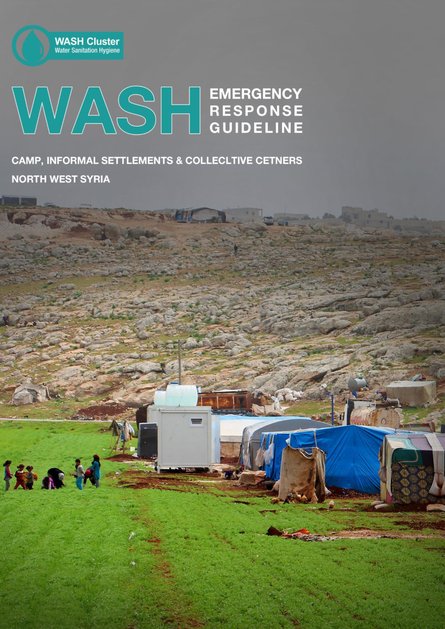
The humanitarian impact of the Syria crisis continues to reverberate across the country and the wider region. Most immediately, the crisis has left millions of people facing a daily struggle to survive amidst pervasive threats to their lives, security, well-being, and dignity. These people are caught in a protection crisis, defined by indiscriminate, disproportional and unrestrained attacks that inflict extensive hardship and destruction upon the civilian population. Various forms of violence permeate daily life, particularly affecting women and children. At the same time, prolonged conflict and widespread displacement continue to tear apart the social and economic fabric of Syria, (1)
WASH services must meet basic needs: to provide them in sufficient quantity and quality for people to survive and stay in good health. Inadequate quantities and poor quality of water, insufficient latrines or open defecation, and poorly set up waste disposal or drainage systems, will lead to WBD - water borne disease. Therefore, they are among the most vital and very first services provided in camps, informal settlement and collective centers. It is the shared responsibility of the Camp Management Agency, WASH service providers and national authorities to reduce the risks of water-borne diseases.